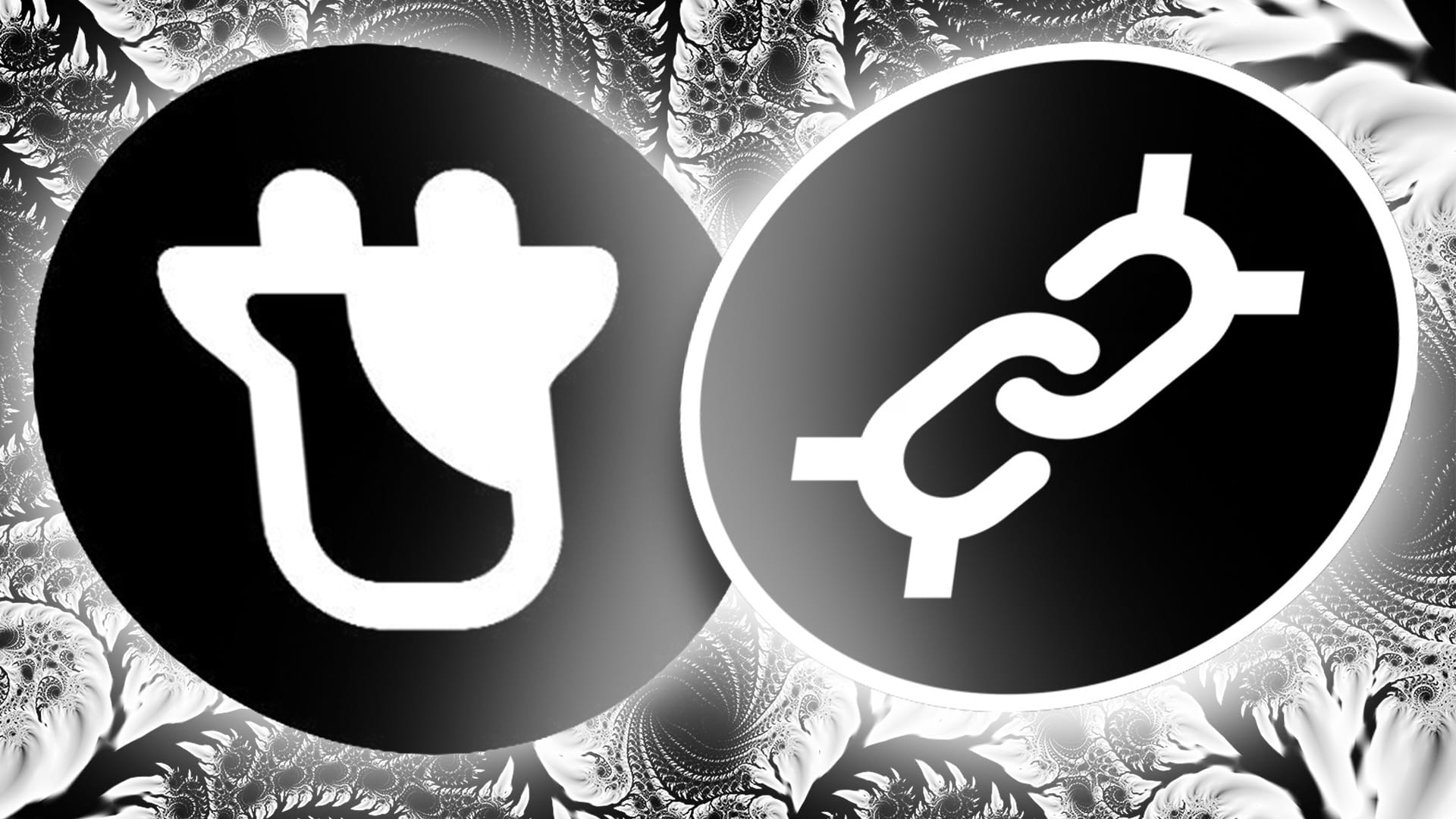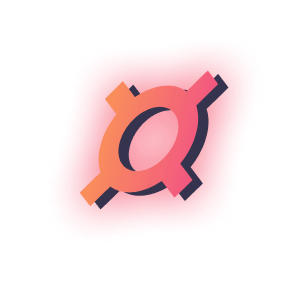In this week’s Flywheel Main Show, Alex Golubitsky, Chief Legal Officer for Umami DAO, helps us get deep into some of the hottest burning legal questions in crypto today. We were recommended Alex by a former podcast guest, as he represented LeXpunK in their capacity as an amicus in the CTFC v. Ooki case and assisted in the drafting of their brief.
Alex has written an excellent summary on the Umami Blog about some of the craziness that has played out during the whole Ooki DAO debacle and what some of the consequences could be for other DAOs. Here’s an excerpt of issues he laid out which remain unanswered:
- Are DAOs “persons” and therefore subject to liability under the Commodities Exchange Act (the CEA)? (This question I don’t think is going to be answered for a long time. Establishing personhood for a DAO lies solely with the responsibilities of our legislatures at the Federal level and I doubt we get serious action from them in the next session of congress. Yes, of course, there are state level options like Wyoming's DAO incorporation, but without stronger federal legal protections, it will not be used at scale.)
- Are DAO token holders (or voting token holders) liable for the actions of a DAO and for judgments against a DAO? (One of the big issues arising from the Ooki case was that the complaint only was leveled at voting members of the DAO. Even those who may have voted “no” against the issues the CTFC brought were still included. Additionally, those lazy free riders who owned the token, but didn’t take part in governance were free and clear from any action.)
- Can a Court enjoin the actions of DAO token holders by issuing an injunction against a DAO? (Who do you serve? Ooki DAO was served through the forum (lol).)
- Does the Administrative Procedures Act (APA) require that the Treasury Department issue additional rules regarding enforcement of the CEA against DAOs? (Rulemaking at the agency level has strict guidelines. Several of the actions in the Ooki case essentially created new rules to apply to DAOs, which in any other circumstances would require such things like an open period for comments.)
In the podcast we talked in detail about two of the points that Alex did answer:
- DAOs are unincorporated associations for purposes of California state law, and therefore can be sued, in California, pursuant to FRCP 17.
- DAOs are particularly susceptible to alternative forms of service because of their unique organizational structure.
One thing we have in America is a lot of lawyers looking for a cut of fees from litigation. Judge Orrick’s decision was chum in the water as it creates a “Catch-22 for DAO members” where they must “identify themselves and participate in the defense of the DAO,” or “stay anonymous and risk being liable for a default judgment against the DAO.”
In the interview, Alex talked in depth about how he used to be involved with the “porn-trolls,” a group of lawyers who went after people for allegedly downloading copyrighted pornography from Bitttorent. The law firms would file copyright infringement lawsuits in federal court and request early discovery from the ISPs to provide contact info. Knowing their identities, the firms would then pursue settlement cases against those clients who they thought would be profitable. It was straight up extortion. Eventually the practice was shut down and the lawyers involved were found guilty of fraud and extortion and sentenced to prison, but only after over a decade.
The porn troll case is quite possibly the craziest story of abuse in the legal system perpetrated in the last decade or two. The Wikipedia page alone is several thousand words of illegal acts and fraud. Techdirt has done extensive reporting on the subject. Alex told us “I was one of like 3 attorneys in Oregon on the EFF’s list of attorneys to defend these claims. I had people in my office literally breaking down in tears because they thought they were going to be forced into bankruptcy for downloading porn.”
Now switch porn with “illegal securities/commodities” and you can see the potential oncoming tsunami of litigation against DAOs. Instead of IPs, firms can go after wallets, forcing exchanges to doxx or just using services like Chainalysis to find public information. After getting a summary judgment when no one shows up to fight the DAO, the firms can then go after the wallets they were able to doxx and sue them for every penny they have.
Unincorporated associations (DAOs) if set up incorrectly will not protect their members against these sharks. One of the shining achievements of liberal societies was the enshrining of limited liability into a company. This separates the actions of the company from the personal lives of the employees and owners. It’s a “key feature of American capitalism” Alex says. The first thing a DAO should do is incorporate. Don’t skimp on this part. Spend more than 5 minutes figuring out jurisdiction and structure. If you don’t, it's just leaving the door open for sharks to bite you in the ass later on. Go in with the assumption that you are going to get sued at a later date and understand what legal protections the DAO can provide.
Another big thing all DAOs should have is indemnification for all participants. This just means the DAO will have legal standing to use its treasury against any attacks on members, developers, or other people connected to the DAO. Part of the reason the CTFC issue has been so challenging is that Ooki DAO provides no indemnity and cannot use any treasury funds in its defense.
Above all, being anonymous is preferred. There are obvious risks in making oneself public when there are millions of dollars at stake. Without protections provided by the DAO, the only way to keep safe is to be unknown. The incentives are all messed up… for now. Time will tell how regulators will act on this in the future.
Howey, DAOs and how we think of digital assets
In crypto everything is a security… until it’s not. Armchair lawyers on crypto twitter (especially the Bitcoin maxis) love to throw Howey and the dreaded “S” word around, but they routinely miss what the case actually said and how it's interpreted.
Quoting from the Howey decision…
The legal issue, in this case, turns upon a determination of whether, under the circumstances, the land sales contract, the warranty deed, and the service contract together constitute an “investment contract” within the meaning of § 2(1).
In other words, an investment contract, for purposes of the Securities Act, means a contract, transaction or scheme whereby a person invests his money in a common enterprise and is led to expect profits solely from the efforts of the promoter or a third party . . ..
The transactions in this case clearly involve investment contracts, as so defined.
The respondent companies are offering something more than fee simple interests in land, something different from a farm or orchard coupled with management services. They are offering an opportunity to contribute money and to share in the profits of a large citrus fruit enterprise managed and partly owned by respondents.
The arrangement is the investment contract, not the assets. Neither the orange groves, trees, or the oranges themselves are securities. Howey is about investment contracts aka arrangements. Many investments are not securities, like buying and selling oranges, which have variable prices. Blockchains are arguably like the orange groves, whereas property can fluctuate in value, and like the trees it can create new property which has value.
SEC Commissioner Hester Pierce explained, “when we think about a cryptoasset as being a security what we’re doing is we’re saying it’s being sold as part of an investment contract. It doesn’t mean that the asset itself necessarily has to be a security. It means that it was being sold as a security.”
Director William Hinman repurposed the question as “Can a digital asset that was originally offered in a securities offering ever be later sold in a manner that does not constitute an offering of a security?” He answered “ what about cases where there is no longer any central enterprise being invested in or where the digital asset is sold only to be used to purchase a good or service available through the network on which it was created? I believe in these cases the answer is a qualified ‘yes.’”
I’m just speculating here, but part of the reason the SEC hasn’t made clear statements about what is and isn't’ a security is a result of them wanting to retain broad ambiguity, while still only pursuing cases where a clear arrangement can be discerned. The SEC isn’t calling airline miles or loyalty points securities, even though they are bought and sold on secondary markets. Money changing hands is not the issue, nor is a distributed, shared, programmable database.
Congress’ lack of action to clarify this point or define certain digital assets as “not securities” is the real problem we face. The SEC pursues enforcement actions ex post facto. It’s not a preventative body, nor does it make the law.
DeFi Loans or DeFi options?
Without taking too much away from Alex’s insightful blog post, his framing of “lending” in DeFi was eye opening. Legal definitions are not always the same as common usage of a word. I, like many other people in DeFi, have taken a “loan” at some time (shout out Fraxlend). But is this really a loan?
Probably not. Loans are a promise to pay back at some point in the future. But what if you don’t have to pay back the loan? Is it still a promise? Alex doesn’t think so and neither does the code as used in DeFi today. If you don’t pay back the loan, it stays open until repaid or liquidated. In this case the “loan” is more akin to an option. You are entering into a contract to receive one asset for posting up another. The option has no expiration, but it does decay and can be “exercised” if necessary.
It might seem like a small semantic argument, but there are massive differences in how loans are regulated versus options. Go read his full piece for an in depth analysis.



